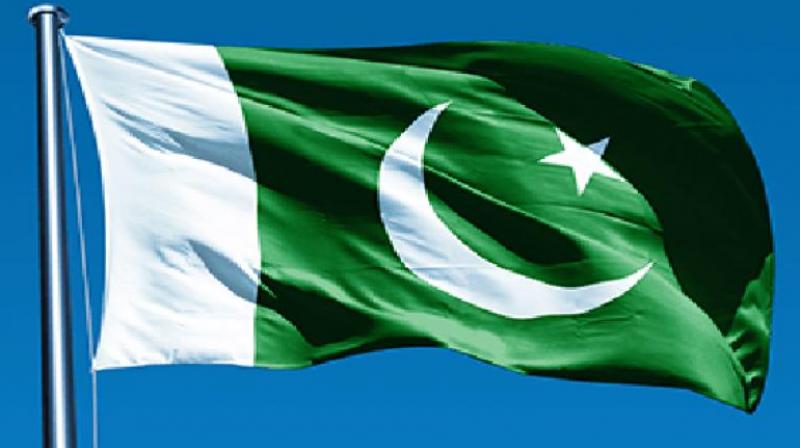PoWs narrate their ordeal in Pak Army's captivity

Hyderabad: The Geneva Convention was laid down after the experiences gained in World War 1 and 2. The bottomline is, a PoW should be treated with the dignity he deserves as a soldier.
The capture of Wing Commander Abhinandan Varthaman, a MiG-21 Bison jet pilot, reminds the nation of the Kargil war when flight lieutenant K. Nachiketa became a PoW and was taken into custody by the Pakistan Army on May 27, 1999, following ejection from his MiG-27 aircraft after suffering engine flame-out. But, after widespread protest and escalating demands he was sent back to India eight days later after being interrogated by the authorities.
Lieutenant general Mohan Bhandari (retired) told this newspaper that though the Geneva Convention was in place, it all depended on the integrity of the country who is holding custody of the PoW and Pakistan has a history of violating the convention. “Post-1971 war, India took custody of 93 PoWs, all from Pakistan. These POWs were looked after like our own soldiers, they were given the befitting respect and treated with dignity and freedom to follow their religion. After all a soldier is fighting for his/her country and there is no personal enmity between the counter country soldiers. But as far as Pakistan is concerned, we have had a bad experience with how it treats PoWs.”
The officer said, “During the 1999 Kargil war, while I was directing operations, Pak brutally mutilated the bodies of our soldiers. They poked our soldiers in their eyes, burnt them with cigarettes butts, they cut them into pieces and even burnt a few. I can’t mention the inhumane treatment they gave to the bodies of our soldiers. There is an old saying, ‘Destiny beyond the grave’, for these soldiers, it was brutal. Also, one must respect the dead. In the Army all over the world, the dead solider is given the highest respect. But we have had a bad experience with Pakistan treating our soldiers.”
One of the videos that was in circulation on Wednesday, showed how a mob in PoK pounced on Wing Commander Abhinandan Varthaman after he ejected to safety near a water body. He was reportedly hit by stones and was found bleeding from his lips and sustained bruises in his right eye. Later he was rescued by the Pakistan Army, said reports. He was then seen blindfolded, with hands tied and bleeding while being interrogated.
Another incident to support the claim on how Pakistan ill-treated POWs in the past, was after 1971 war when, Lieutenant Col A.G.J. Swittens (late) was taken into custody. Pakistan Army for a year or more denied his presence. While living in denial, the Indian officer was reportedly ill treated, and shifted from jail to jail.
Fortunately, a committee from the Red Cross visited Pak jails to check on how inmates were treated. A jailer there who forgot that he was an Indian Army officer given that his records were destroyed, allowed Lieutenant Col A.G.J. Swittens to speak to the committee. During the interaction , the officer slipped a paper into the hands of a lady who was part of the panel. The officer then disclosed his name, father’s address in India, rank and identity. The member of the Red Cross Committee then conveyed the message to the Indian parliament and the family, after which Pakistan admitted his presence and released him.
Lt Gen K. P Rao explained, “While treating PoWs, the country should identify the soldier and treat him according to his rank. The country is also authorised to provide employment and substantially pay him for the labour, after release. He should be given the basic facilities, medication, shelter and should be educated about the consequences if he tries to escape. He is liable to be shot if tries to escape. However, there should be no physical force imposed. Also, a POW should only disclose his rank, name and country he belongs to and the defence wing. Beyond this nothing must be disclosed and the military is not authorized to impose physical pressure to extract information.”

